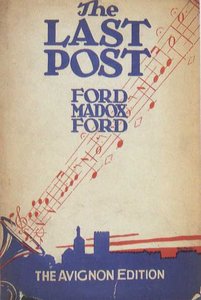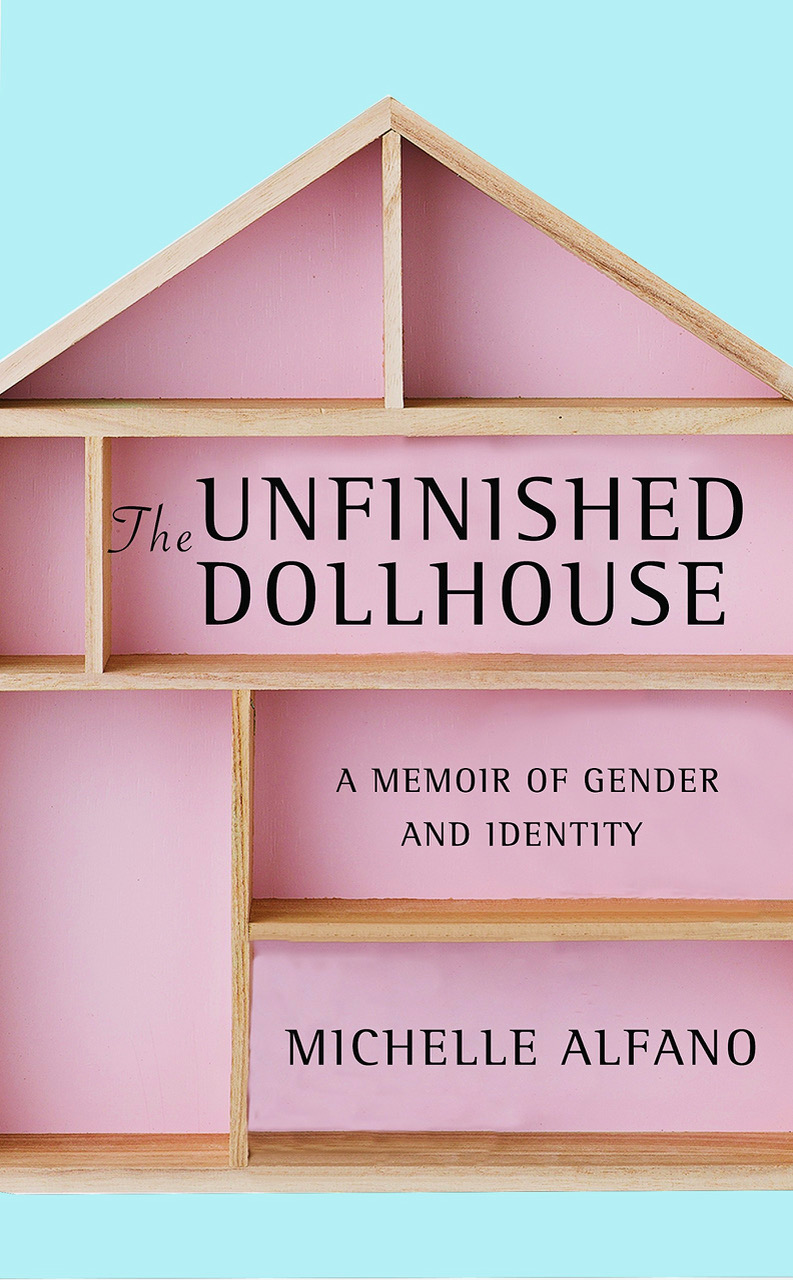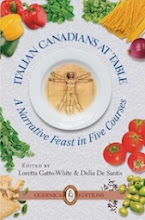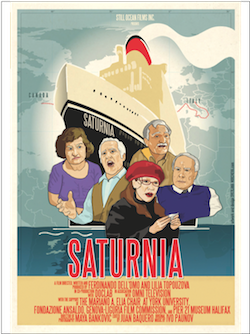Having finished the last book in the Parade’s End tetralogy, I now understand a little better why the writer Graham Greene chose to omit the last book from an omnibus that he edited in the 1950s - as screenwriter Tom Stoppard largely did when he wrote the screenplay for the BBC series that came out last year. Greene was greatly disappointed with it. He described it as "more than a mistake - it was a disaster, a disaster which has delayed a full critical appreciation of ‘Parade’s End.’” Ford himself referred to it as an “afterthought”.
It isn’t that the writing is not fine nor the stream of consciousness style that Ford called "Impressionism"*, and that he perfected in the first three books, is not effective and engaging but when we leave Christopher Tietjens and Valentine Wannop in A Man Could Stand Up, Book Three of the four book series, it is Armistice Day (November 11, 1918) and they seem to be facing a happy, if uncertain, future.
There is a sense of resolution after great conflict: the couple has been united after the First World War; Christopher's wife Sylvia has been thwarted in her attempts to destroy Christopher and his reputation; the couple decides to persevere without financial assistance from the Teitjens fortune; and, Christopher has made it through the war largely unharmed physically.
At the end of A Man Could Stand Up, the “pals” from the front have gathered at Teitjens’ new home to celebrate the end of the war. Valentine has decided to live with Teitjens with or without society’s sanction. In The Last Post, the subsequent novel, we hear that Teitjens has resolutely committed to his promise to forsake the fortunes from the vastly wealthy Groby estate and try to work as a purveyor of antiques. Valentine is pregnant with her first child and Mark Tietjens, Christopher’s brother, has had a stroke and is tended to by his former mistress, now wife, Marie Leonie at Groby. The Groby estate is swarming with Americans, who, as Teitjens had foreseen during the war, have scoured England like locusts seeking, with their new wealth, to purchase everything of value in England.
The story is largely told through the perspective of Mark, Marie Leonie and, much later, Christopher's wife Sylvia Teitjens and Valentine. Christopher does not appear until the very end, literally the last three pages or so. This, I think, was a fatal error because, surely, it is Christopher and Valentine that we care about the most as readers. When we finally see them together Valentine is uncharacteristically bemoaning their financial future and Christopher’s ineptitude as a provider for their unborn child. The fairy tale is seemingly sputtering out in a dreary, commonplace manner that no amount of romantic desire can sustain or prevent.
We are also in dire need of more of the deliciously evil Sylvia who is dearly missed in this book. However, the last book does elucidate some of the darker elements of Sylvia’s personality. It goes into some detail about a childhood episode where she was prevented from exerting some cruelty on a kitten by one of her father’s servants and how she thrilled at the thought of being thrashed by the man for her misconduct – it gave her some sort of sexual thrill that seemed to have stayed with her for all of her life.
Sylvia was so desperate to retain Christopher's affections that she faked cancer and threw herself down a set of stairs before her husband and Valentine at the end of the war, to no avail. We see Sylvia’s anguish (which is real even if the cancer is not), also in short supply in the previous books, when she ventures that if she had had more children she might have been able to retain Teitjens. But Sylvia, despite these moments of weakness, is still perverse enough to put in motion the cutting of the great tree at Groby by some ridiculous interloper posing on her behalf. The tree has great symbolic value for Teitjens, a symbol of the family and the preservation of conservative values that he has clung to.
However, Mark is not so judgmental about Sylvia's manipulations and deception despite her treachery. He reasons:
It is obvious that women must be allowed what means they can make use of to maintain - to arouse - their sex-attraction for their men.
Sex, that wreaker of havoc, rears it ugly head again when Mark ponders if Christopher has inadvertently coupled with his half-sister (is Valentine the result of a liaison by his father and Mrs. Wannop and is that why the old man killed himself?).
We, as readers, feel not relief but a sense of dread at the end with the destruction of the tree and the fraught fortune of the couple. We can't but think that it is an ominous sign that we can't afford to ignore. We anticipate the future with trepidation. Sylvia has been defeated, finally conceding that she will divorce Teitjens (and is trying to persuade Teitjens' godfather, and her former protector, General Campion to marry her). But we foresee no happy ending for our heroes, rather the long dreary descent into domesticity and financial hardship. And Ford does nothing to dissuade us from that assumption in the final pages of the book.
The Parade's End novels include: Some Do Not (1924), No More Parades (1925), A Man Could Stand Up (1926) and The Last Post (1928).
*Ford described his brand of Impressionism in this manner: "... a piece of Impressionism should give a sense of two, of three, of as many as you will, places, persons, emotions, all going on simultaneously in the emotions of the writer ..."
 |
| From the BBC series ... Valentine and Teitjens on Armistice Day |











1 comment:
"It is obvious that women must be allowed what means they can make use of to maintain - to arouse - their sex-attraction for their men."
I am so thankful for the women's movement!
Post a Comment